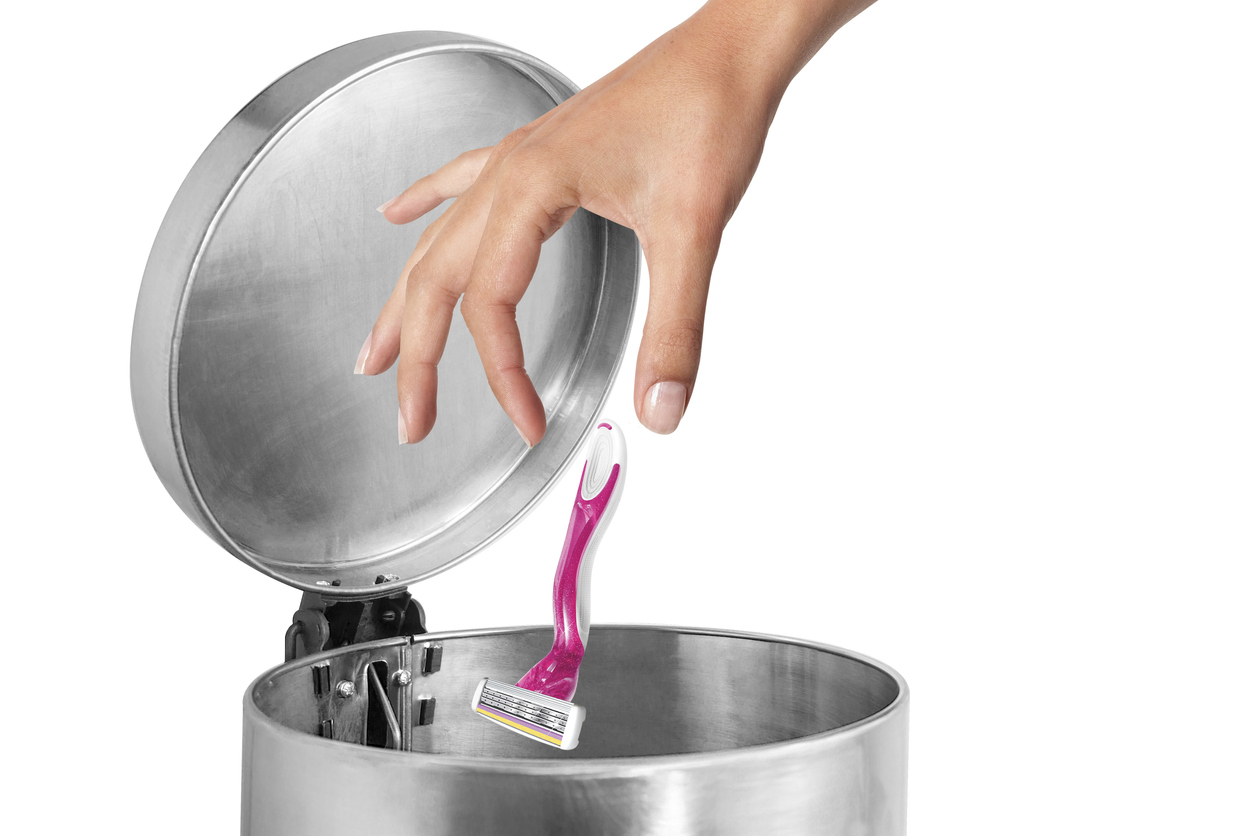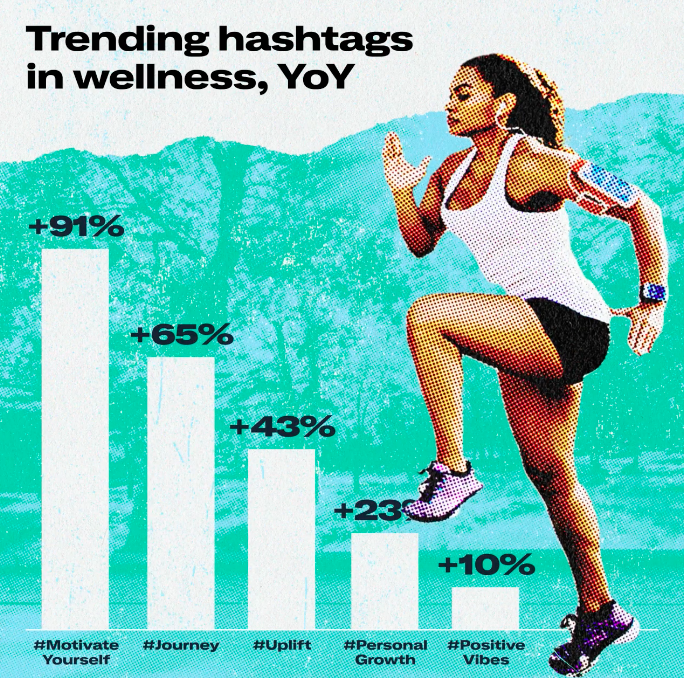Razor company starts anti-shaving campaign and ‘murder hornets’ get a rebrand
Plus: Using #MattGaetzIsTriggered, teen raises $375,000 for abortion funds.

Olivia Julianna, a 19-year-old activist in Houston, has raised more than $300,000 for abortion funds across the country. The campaign, which has gone viral on Twitter, is the result of comments from Florida Rep. Matt Gaetz. After Gaetz taunted Julianna, she announced that she had started fundraising for the abortion founds “in honor of Matt Gaetz publicly body shaming me.” As donations rolled in, she documented the progress using the hashtag #MattGaetzIsTriggered. In less than 48 hours, she had raised hundreds of thousands of dollars. It’s a great reminder that social media is a heck of a tool when it comes to fundraising, especially for nonprofits, and a way to turn the cruelty of social media into a force for change.
Here are today’s other top stories:
Murder hornets get a new name, and for good reasons
The insect informally known as “murder hornet” has a new name: northern giant hornet. The Entomological Society of America (ESA) and the Entomological Society of Canada adopted the new name to avoid fueling anti-Asian prejudice. The species is native to Japan, Korea, Taiwan and other parts of Asia, and was commonly known as the Asian giant hornet. In 2019, the hornet hitchhiked across the Pacific and was spotted in British Columbia. In 2020, the Asian giant hornet earned the moniker “murder hornet” after reports of its excruciating sting were released.
The words “Asian” and “giant” bothered Chris Looney of the Washington State Department of Agriculture. (Not to mention the nickname “murder hornet.”) “‘Asian’ is at best neutral and uninformative,” he said. “At worst, connecting Asia and a nervous-making insect feeds racist fears.” The renaming meets new guidelines the ESA adopted in 2021. The guidelines ban racial and ethnic names and discourage the use of geographic region names, especially for invasive species.
Why this matters:
Although the description “Asian” is not pejorative in this context, and is geographically accurate, its association with a scary-sounding insect can inspire fear. With anti-Asian crime on the rise, the change in language can help eradicate anti-Asian sentiments.
MEASURED THOUGHTS
Tweets about health and wellness are on the rise. Twitter’s latest trend report found that Twitter users are increasingly looking for ideas on how to improve all aspects of well-being. Popular topics included dieting, work-life balance, and mental health. Last year, there were more than 1.4 million tweets about mental health, which suggest the way we talk about mental health is shifting.
The report also found that men make up almost half (49%) of the wellness conversation. That said, men and women were found to have different conversations. The most popular topic for men was dieting, while the most popular for women was work-life balance.
Shaving company launches anti-shaving campaign
Billie, a shaving startup, wants to change the perception of body hair for the next generation. Its latest campaign, The Rules of Body Hair, includes a kids book. It’s intended to give kids a positive introduction to body hair, what it does, where it sprouts and how it can change as you grow. Georgina Gooley, a cofounder of Billie, explained:
When we ask people when and why they started shaving, most say that at some point in their childhood they were made to feel ashamed of their body hair. We wanted to help stop the shame before it starts by giving kids a positive introduction to body hair, so that the next generation knows that what they do with their hair should be their choice, not because anyone told them to.
While the campaign seems counterintuitive to a brand that makes its money from shaving projects, Billie believes it’s the right thing to do. The company wants to erase the stigma associated with “unwanted” body hair, and that the decision to forgo shaving isn’t embarrassing. The campaign also has the potential to entice additional consumers who are looking to buy lotion and soap. “We want to be a brand for all women, not just those who shave,” Gooley said.
Why this matters: Billie’s new campaign is a great example of person-first marketing. It focuses on consumers’ needs and potentially relieves a pain point. (In this case, embarrassment about body hair.) The campaign also encourages body positivity and helps younger audiences think critically, instead of accepting outside pressures and expectations.
Dawn Olsen is a writer who went to an out-of-state engineering school (Purdue University) to get an English degree. She has lived in Indianapolis for 10 years and spends far too much time on Twitter. In fact, she’s probably thinking about Twitter right now.







